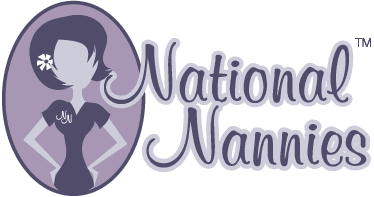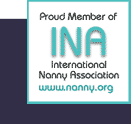How Does the Multi-Fiber Agreement Violate the Global Trade Rules
March 17, 2022 | in Uncategorized
The Multi-Fiber Agreement (MFA) was a trade agreement that governed the global trade of textiles and clothing from 1974 to 2004. The agreement aimed to regulate the trade in textiles and clothing between developed and developing countries by placing quotas on textile and clothing imports. It was originally implemented to help protect the textile industries of developed countries, however, it violated global trade rules in several ways.
Firstly, the MFA violated the most-favored-nation principle, which requires countries to treat all trading partners equally. Under the MFA, developed countries were allowed to impose quotas on textile and clothing imports from developing countries, which went against the principle of equal treatment.
Secondly, the MFA violated the GATT (General Agreement on Tariffs and Trade) rules, which aim to promote free trade and prevent discriminatory trade practices. The quotas imposed under the MFA restricted the ability of developing countries to export textiles and clothing to developed countries, thereby limiting their access to the global market.
Furthermore, the MFA also violated the Agreement on Textiles and Clothing (ATC), which was introduced in 1995 as a transitional agreement to phase out the MFA by 2005. The ATC was designed to promote free trade in the textile and clothing industries by gradually eliminating quotas, but the MFA continued to restrict trade and hinder the growth of developing countries` textile industries.
In conclusion, the Multi-Fiber Agreement violated several global trade rules, including the most-favored-nation principle, GATT rules, and the Agreement on Textiles and Clothing. While it was originally implemented to protect developed countries` textile industries, it ultimately hindered the growth of developing countries and limited their access to the global market. The phasing out of the MFA and the implementation of the ATC was a step towards promoting free trade in the textile and clothing industries.
← Online Police Verification for Rent Agreement in Thane | West Virginia Reciprocity Agreement →Comments are closed.
DIY & Sign up Online
We have partnered with eNannySource to help you search for the perfect nanny in your area in addition to our other services.
Enter your zipcode to get started:
Nanny Articles
- Pillow Agreement Definition
- Retroactive Caregiver Agreement
- What Is Condition and Warranty in Contract Law
- Shared Ownership Contract Template
- How to Start Labour Contract Business
- Prenuptial Agreement in Bengali
- State of Nj Installment Agreement
- When Does an Agreement Become Unconditional
- Illinois Contract Law Impossibility of Performance
- Service Agreement Francais
National Nannies History
- September 2023
- August 2023
- July 2023
- June 2023
- May 2023
- April 2023
- March 2023
- February 2023
- January 2023
- December 2022
- November 2022
- October 2022
- September 2022
- August 2022
- July 2022
- June 2022
- May 2022
- April 2022
- March 2022
- February 2022
- January 2022
- December 2021
- November 2021
- October 2021
- February 2019
- December 2018
- July 2018
- June 2018
- April 2018


